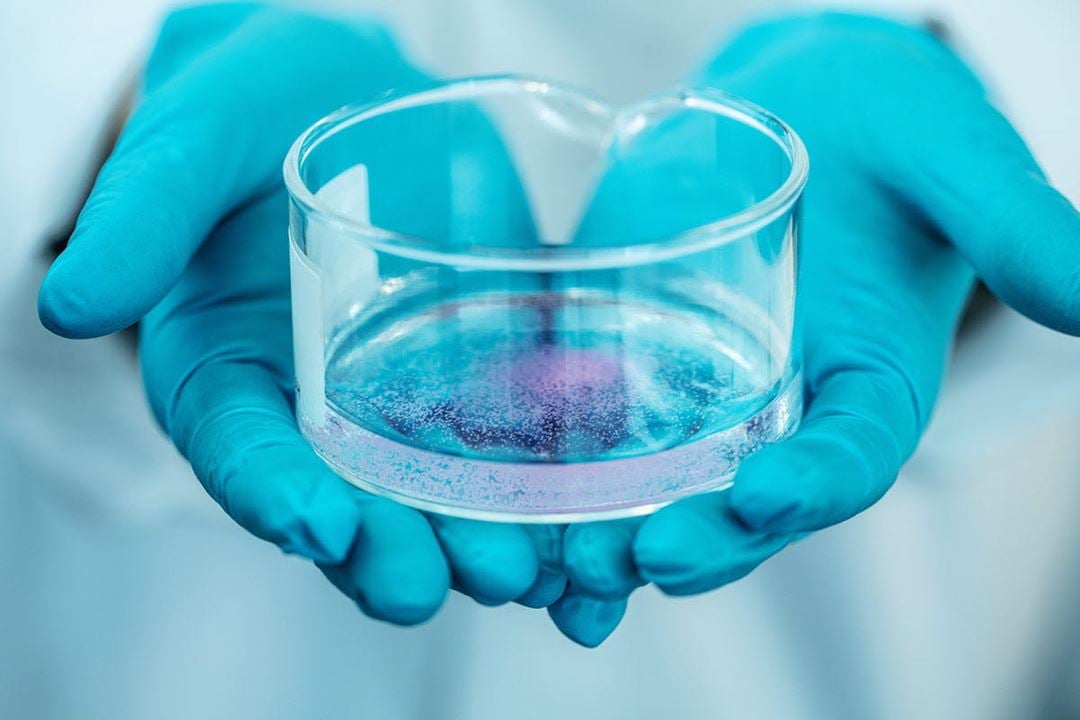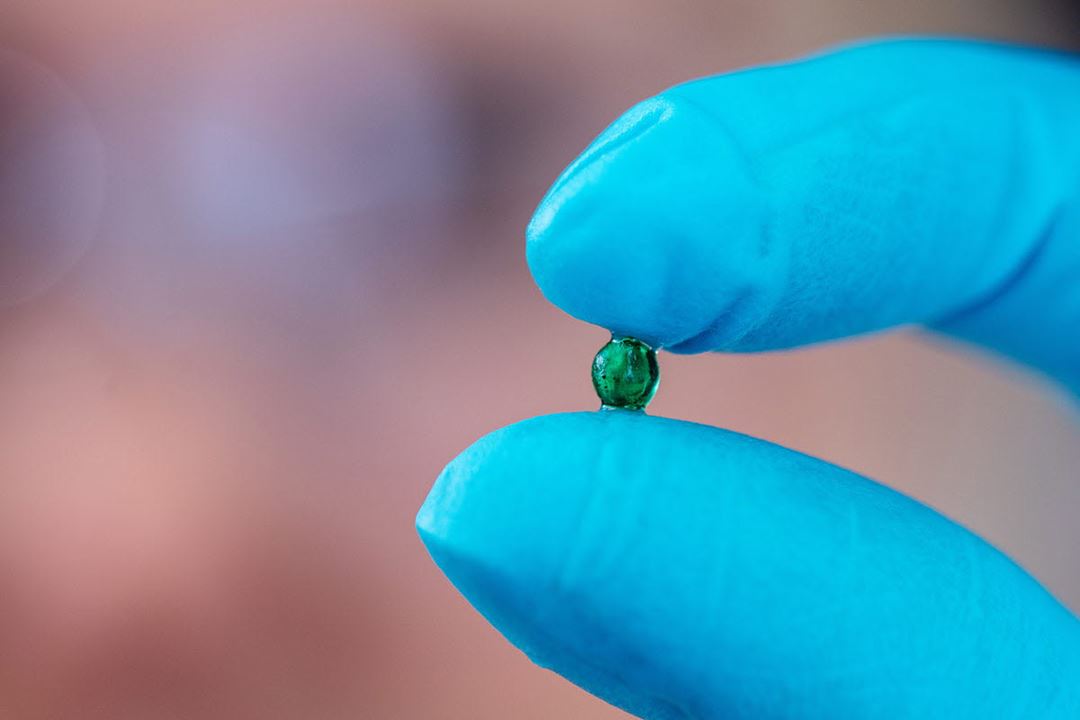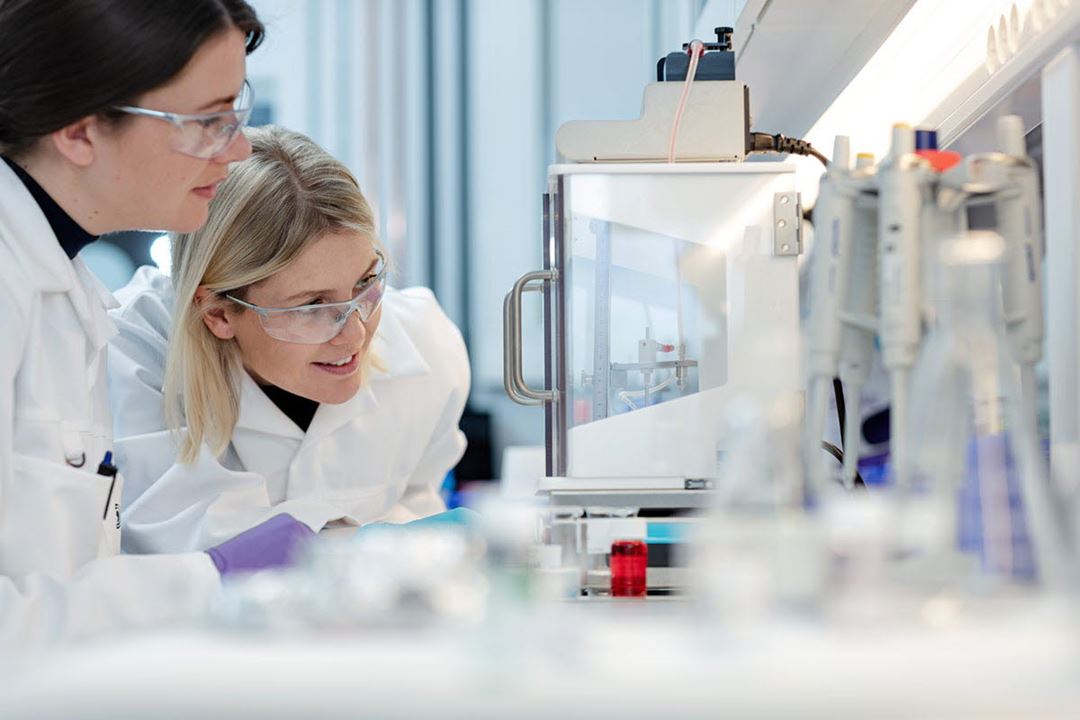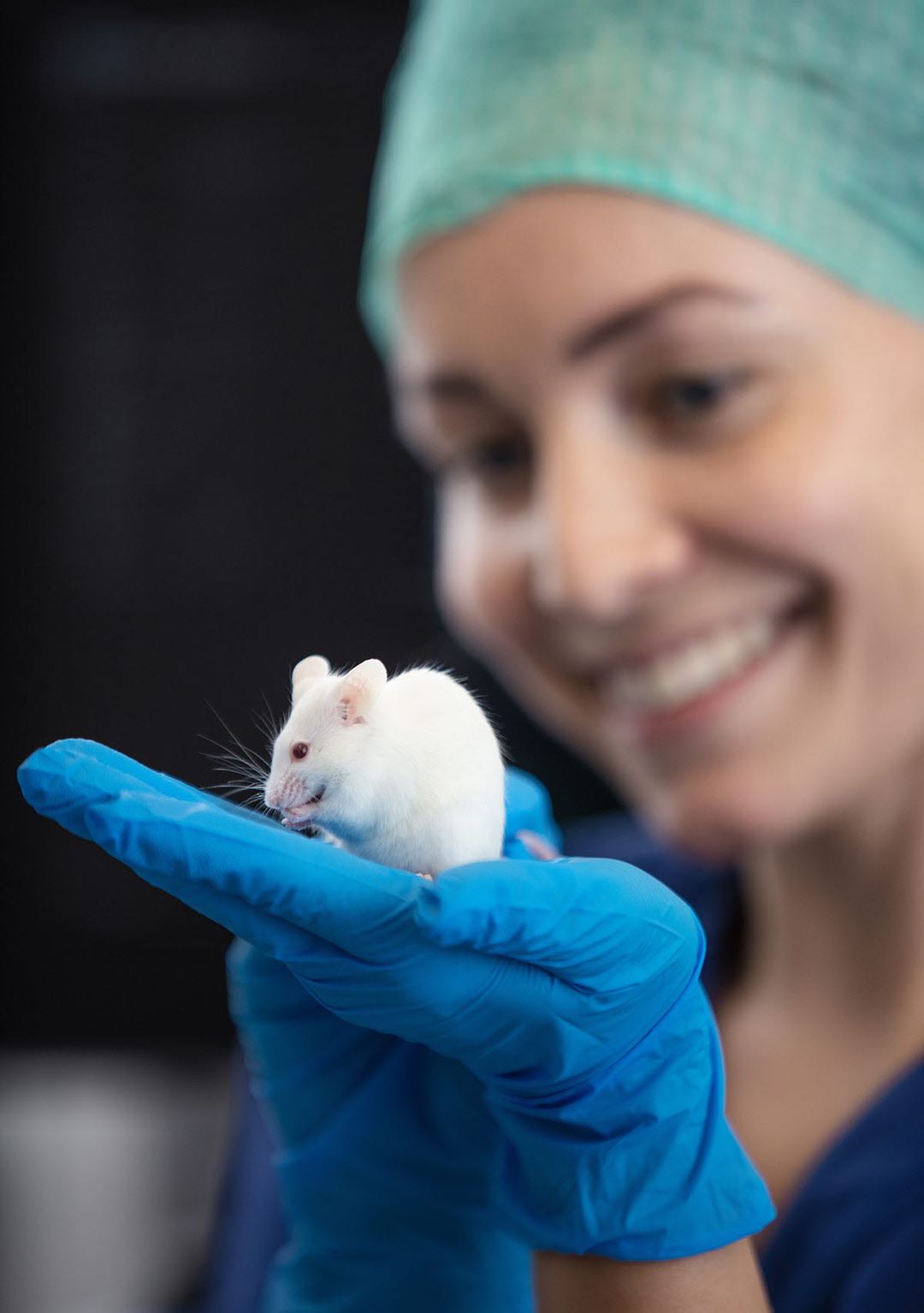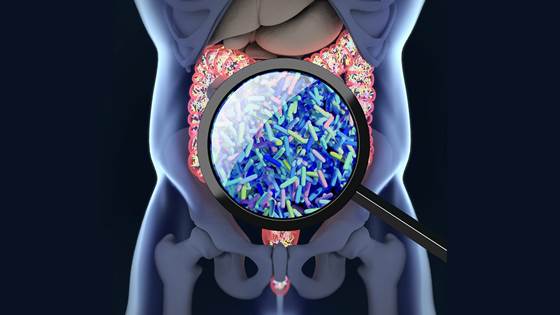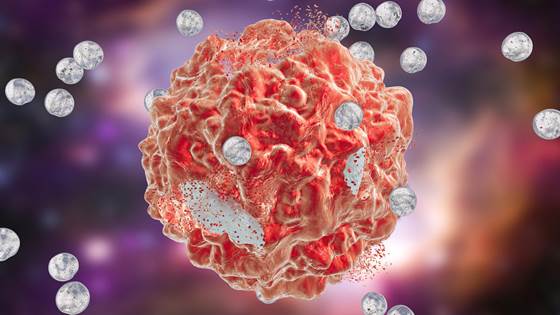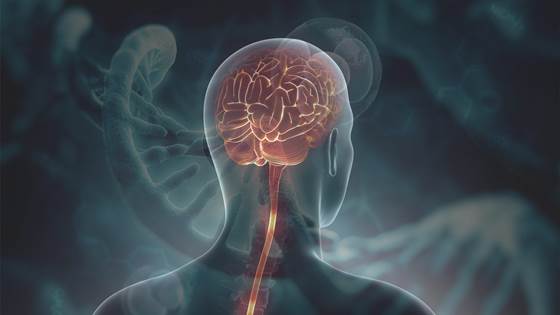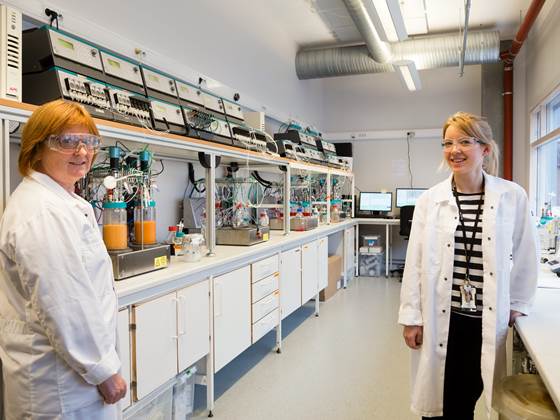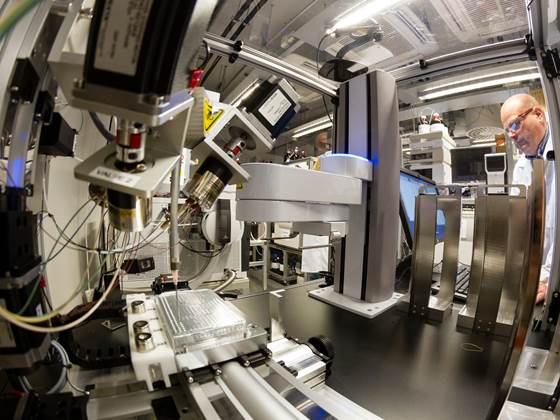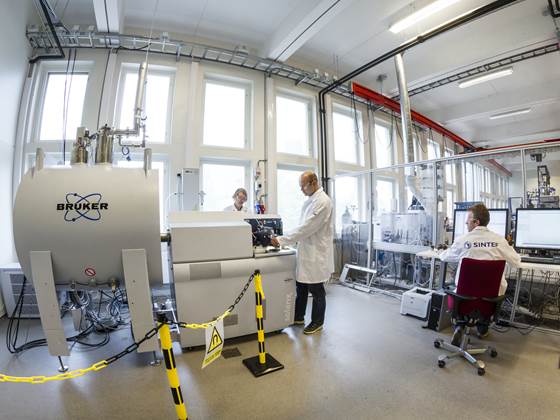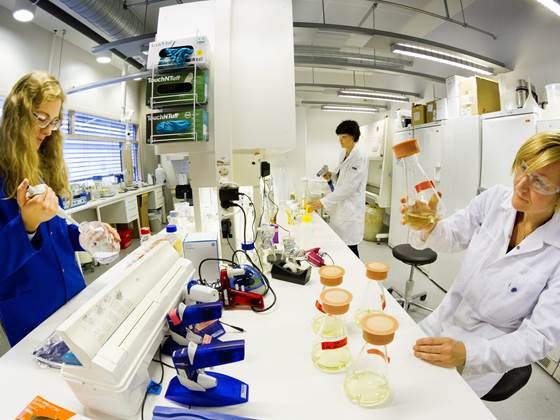| Nanoformulation technologies | Material science | Physico-chemical characterization | In vitro assays | In vivo studies |
Nanoformulation technologies
Many drugs are either unstable or difficult to administrate and deliver. We provide tailored nanoformulation solutions for a wide range of small molecular drugs and biomolecules.
We use emulsion-based, nanoprecipitation, self-assembly and layer-by-layer methods to produce:
- Polymeric particles/capsules
- Liposomes
- Microbubbles
- Emulsions
- Solid/liquid lipid nanocarriers
- SNALPs
- Hydrogels
Material science
SINTEF provides expertise within material chemistry, ranging from surface modification to chemical synthesis.
- Chemical modification/organic chemistry
- Enzymatic modification
- Surface modification and functionalization
- Synthetic polymers
- Biopolymers
- Proteins
Physico-chemical characterization
SINTEF has state-of-the art infrastructure for performing standardized and custom characterization of nanomaterials. We offer one of Europe's most advanced mass spectrometry and analysis facility.
Size, size distribution, concentration and zetapotential
- Morphology
- Drug loading and loading efficiency
- Drug release profiles
- Quantification of PEG
- MW determination
- Particle degradation
- Porosity
In vitro assays
Our high-throughput screening facility includes four pipetting robots, allowing efficient and accurate screening of nanomedicine safety and efficacy.
Robotic screening for in vitro efficacy and toxicity in various cells (e.g. cancer cells, normal cells, bacteria)
- Barrier penetration assays (transwell)
- >70 mammalian cell lines
- Optical imaging
- 3D cell cultures (organoids/spheroids)
- Cellular uptake
In vivo studies
SINTEF offers a portfolio of preclinical disease models in rodents. The effect, distibution and pharmacokinetics of drugs and nanomedicines is evaluated using multiple imaging- and analytical methods.
- Biodistribution in mice and rats
- Enhanced drug delivery with ultrasound
- Efficacy studies in mice in orthotopic and subcutaneous cancer models
- Blood-brain-barrier penetration
- Metabolites
- Pharmacokinetics
- Gut microbiota


